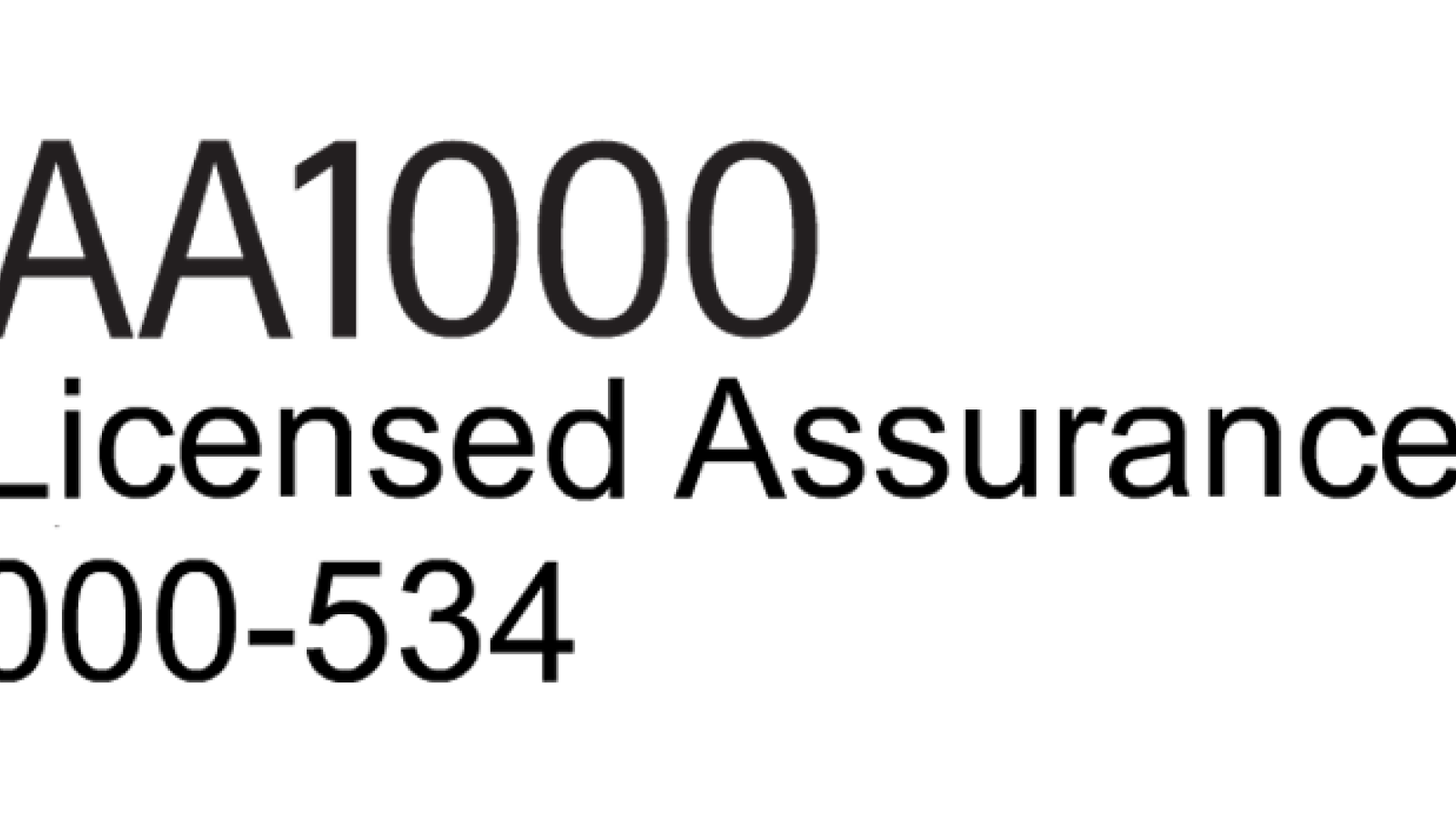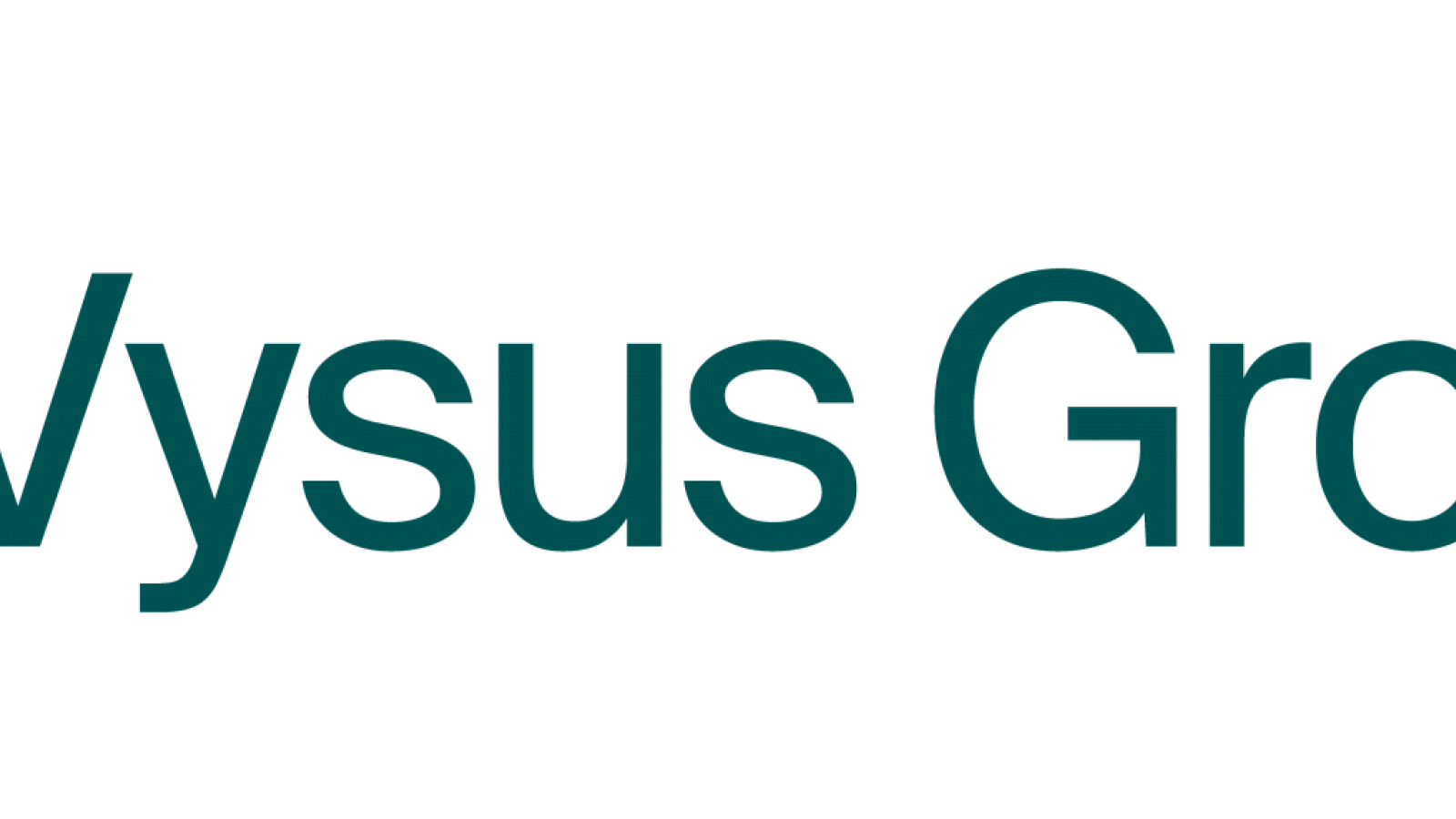Over the last 20 years there has been a steady increase in the requirement for reportable GHG emissions and related ESG sustainability data across private and public sector organisations.
This growth in demand started with the EU Emissions Trading Scheme, CRC (Carbon Reduction Commitment) and related industry schemes, such as EEMS (Environmental and Emissions Monitoring System) reporting in UK oil and gas. As demand for data grew, so did the demand for verifiable figures.
This requirement for reliable sustainability data is driven by regulation, markets and voluntary schemes, globally. This data is used to support:
- licence to operate and regulatory compliance
- supply chain and contractor selection
- government policy
- investment decision making
- stakeholder confidence
- prevention of greenwashing
To support this demand for robust data a number of reporting standards and specifications have been produced. The purpose of these references is to improve comparability, consistency and transparency of figures being reported.

The various reporting standards and specifications are similar in their purpose and increasingly share common elements. Albeit, the lexicon of acronyms being used sometimes makes it difficult to keep up. Thankfully, work is ongoing to simplify and align reporting requirements among standards such as GRI, UNSDGs, CDP and SASB.
Where reporting standards have been developed to specify and improve comparability of reported data, assurance standards have been developed to assure the reliability, traceability and verification of data being reported.
Two major assurance standards that readers may be familiar with are ISAE 3000 and AA1000. To help explain the relationship between the ISAE 3000 and AA1000 assurance standards, the AccountAbility organization has recently published a Bridging document to describe common areas and requirements.
- ISAE 3000 is currently offered as a “high level” adjunct to financial reporting in end of year accounts and Director’s reports as a verification compliance check.
- AA1000 provides a more rigorous approach to the assurance process as it applies management context to the assurance process which is of more value to investors, regulators and decision makers when considering performance, stakeholder engagement and how well risk is being controlled.
- ISAE 3000 and AA1000 have recently been joined by the ISSA 5000 assurance standard from IAASB, which considers accuracy of disclosed information. Effective, for use by financial and non-financial assurance providers,15 December 2026.
For those of you preparing GHG emissions reports, AccountAbility has published a Guidance document to support the assurance and verification process. The AA 1000 Standard used in conjunction with the AA1000 Guidance compares favourably with ISO 14064-3 expectations, covering all key elements required to verify a number, in this case GHG emissions. In common with ISO 14064, the AA1000 standard and supporting guidance is intended to be used in conjunction with industry technical specifications to ensure:
- reliability, traceability, quality and verifiability of data
- accuracy / uncertainty of data
- completeness and comparability
- understanding of assumptions and calculations supporting a number.

Key to achieving a reasonable or high level of assurance is a robust procedure supported by competencies. In this regard, the AA1000 guidance document specifies similar requirements to ISO 14064 suite of standards. They both define requirements, covering:
- description, scope and boundary of data sources
- completeness of data
- method of data collection, equipment and techniques used
- chain of custody ensuring integrity of data from source to dashboard
- emission factors, units and conversion factors
- method of calculation
- document control
- competencies
- mechanisms to continually improve confidence in numbers
The level of assurance provided by the AA1000 standard is similar to those provided by other standards.
- ISAE 3000 Reasonable Assurance equates to AA1000 AS v3 High, but not absolute confidence in reported information.
- ISAE 3000 Limited Assurance equates to AA1000 AS v3 Moderate level of confidence in reported information.
Importantly, GHG emissions must be assured to a High Moderate level as a minimum when applying the AA1000 standard. This requirement is intended to ensure compliance with AccountAbility core principles covering inclusivity, materiality, responsiveness and impact as well as the reliability of number being verified.

For organizations who require public confirmation that emissions and related sustainability data have been verified and quality assured, your assurance report and summary statement will be marked with a unique number and logged in the AccountAbility public register.
For those member organisations who are required to report verifiable sustainability data other than GHG emissions the standard can be readily applied to waste, water, energy and related performance metrics such as health, safety and integrity. The scope of AA1000 application is broad. At Vysus we have applied it to upstream oil and gas, downstream refineries, real estate, biotech, pharma and the investment sector.
Here in Aberdeen, we at Vysus are on hand to support AGCC members navigate the energy transition, sustainability reporting obligations and the application of verifiable data to drive operating efficiencies, gain operating licences and access to finance across oil and gas, renewables offshore and onshore not forgetting CCUS and Hydrogen.
Vysus is an AccountAbility AA1000 licenced Assurance provider with a proud heritage supporting the global energy industry with specialist assurance capabilities.
To find out more about our assurance and technical services, contact ian.thomas@vysusgroup.com